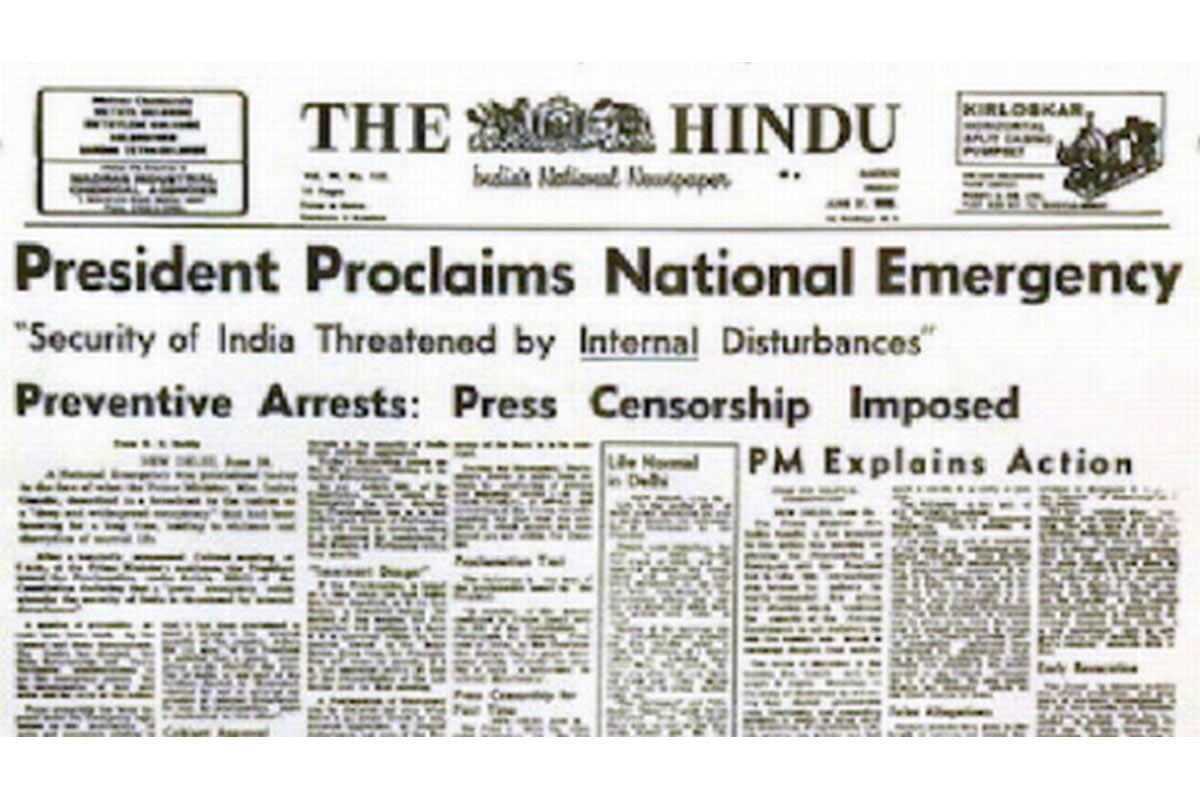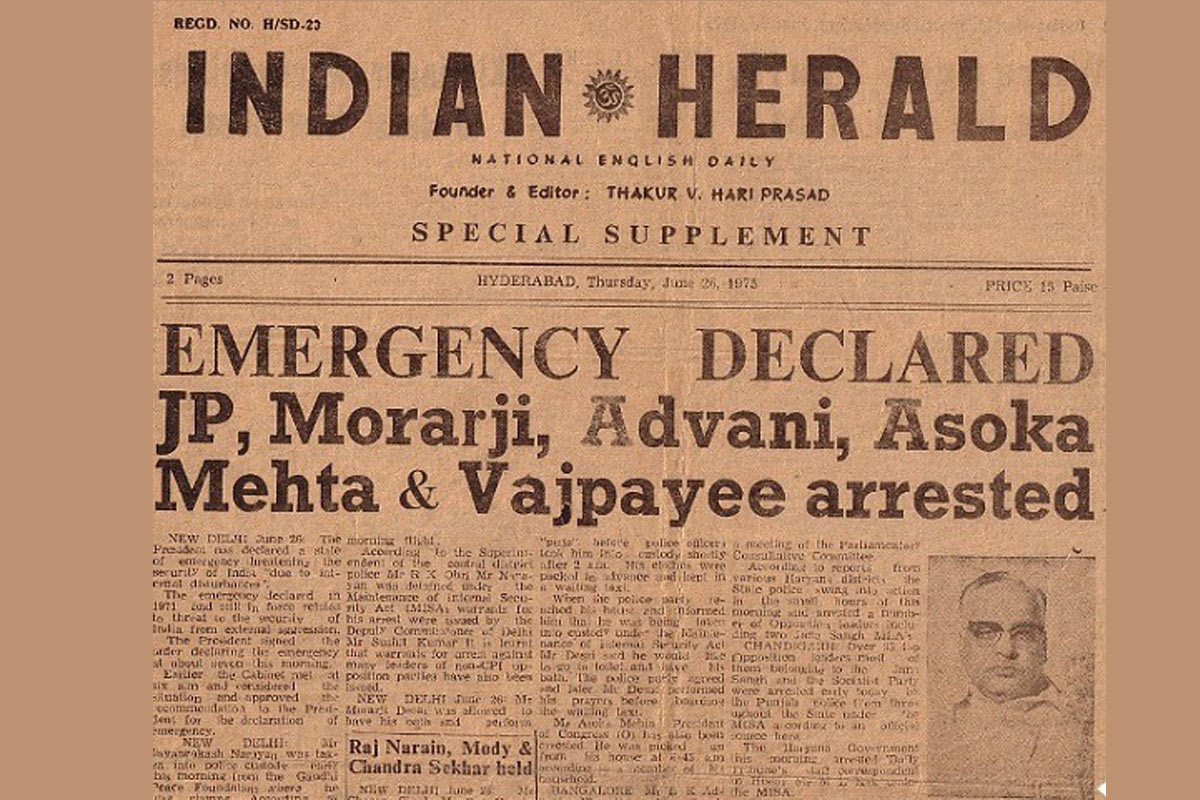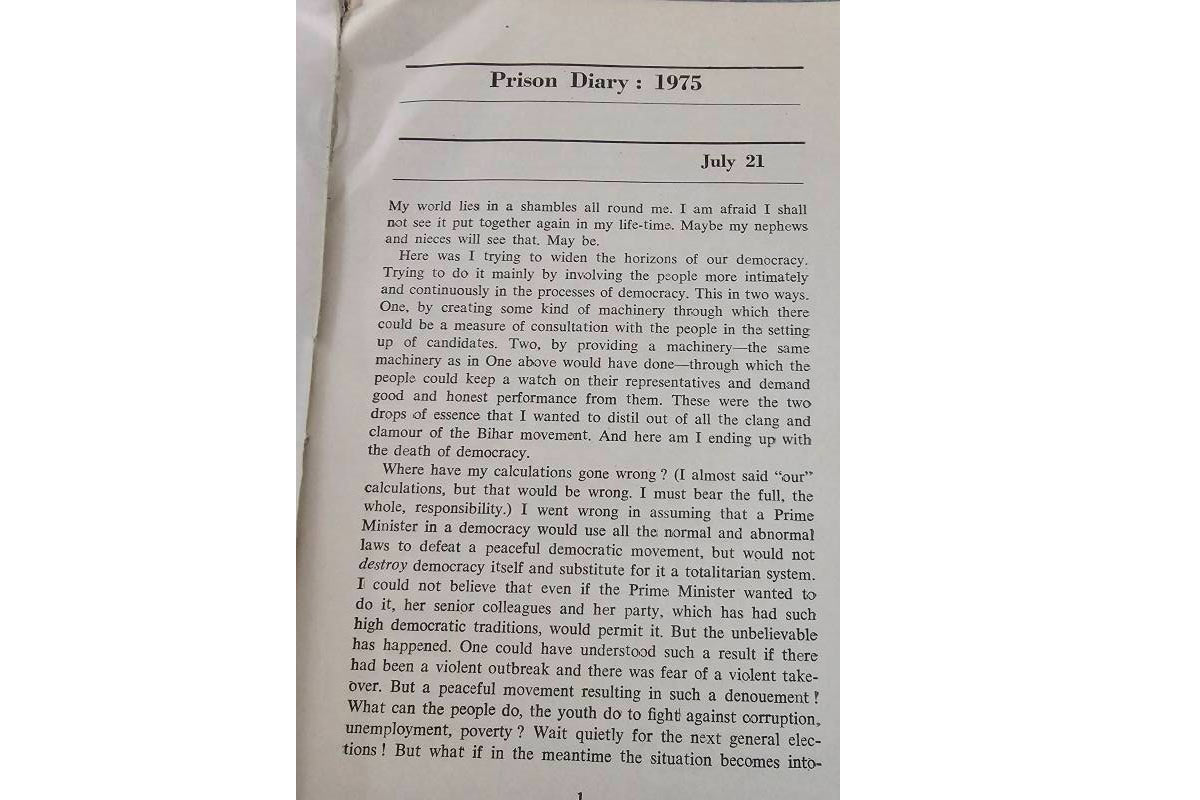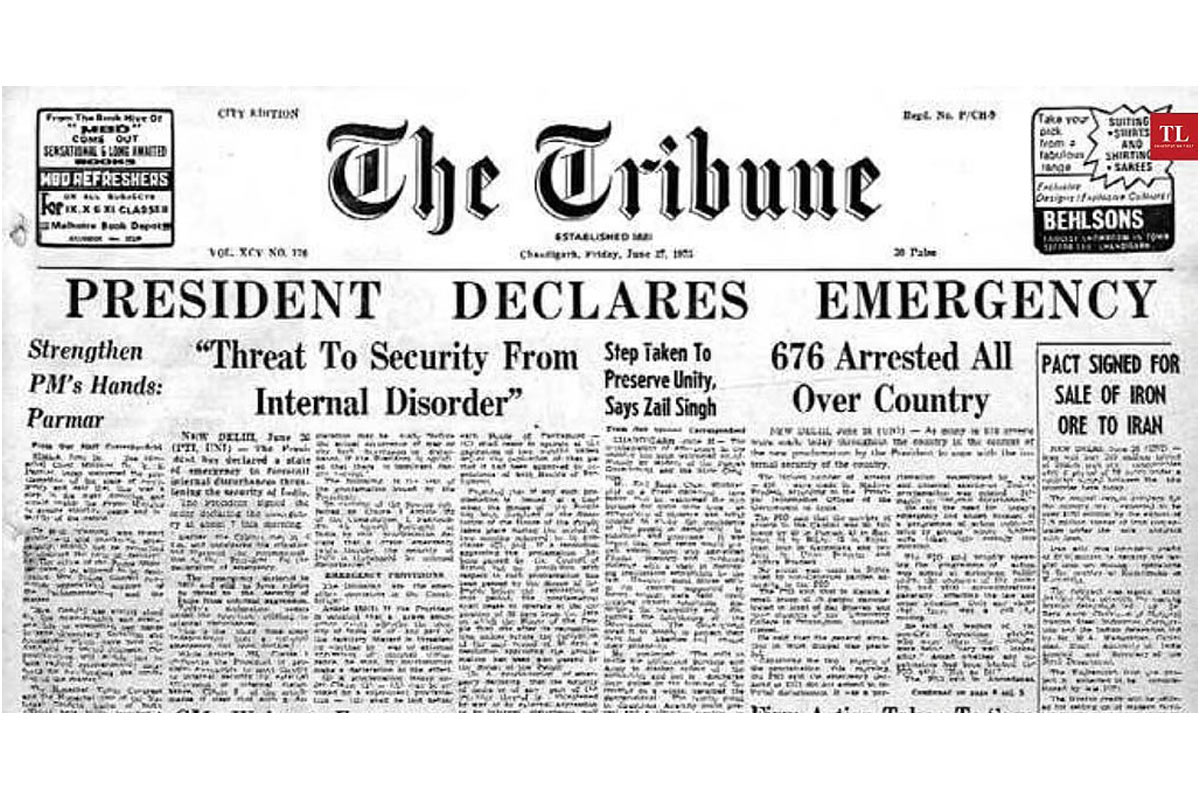भारत सरकारGOVERNMENT OF INDIA संस्कृति मंत्रालयMINISTRY OF CULTURE
Long Live Democracy
Democracy in India is an ancient concept. In Bharat that is India, the view or the will of the people in governance has been a central part of life since earliest recorded history. According to Indian ethos democracy comprises the values of harmony, freedom of choice, freedom to hold multiple ideas, acceptability, governance for the welfare of the people and inclusivity in a society.
The Rigveda and the Atharvaveda, the earliest available sacred texts refer to participatory institutions like the Sabha, Samiti, and Sansad, the last term being still in currency denoting our parliament. The Ramayana and the Mahabharata, the great epics of this land, also talk about involving people in decision-making. Indian democracy is truly a festive proclamation of veracity, cooperation, collaboration, peace, sympathy and collective strength of the people.
50 Years of Imposition of Emergency
The imposition of Emergency on 25 June 1975, marked the beginning of a period of dark days of democracy in Indian history. During the emergency, civil liberties were severely restrained leading to the suspension of fundamental rights, press censorship, and the imprisonment of political opponents.
The Government of India has decided to observe the 25th of June every year as 'Samvidhaan Hatya Diwas.' This day will commemorate the massive contributions of all those who endured the inhuman pains of the 1975 Emergency.
This year 25th June, 2025 marks 50 years of imposition of Emergency. Government of India is commemorating the same as a tribute to those who suffered and fought against the gross abuse of power and to recommit the people of India to not support in any manner such occurrence in future.
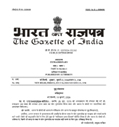

A Timeline of Events
Year 1975
- Allahabad high court found the then winner of the Rae Bareilly constituency seat guilty of electoral malpractice. Found guilty, she was disqualified and barred from holding an elected office for six years.
- Opposition leaders addressed a public rally, after calling for daily anti-government protests after the high court judgment.
- The Supreme Court granted a conditional stay on the high court ruling allowing the then incumbent to remain as Prime Minister until her appeal was reviewed.
- Led by Jayaprakash Narayan, a large protest took place in Delhi. A few minutes before midnight, a state of emergency was declared by President Fakhruddin Ali Ahmed. The supply of electricity to major newspaper offices was cut and opposition leaders were arrested.
- The Union Cabinet ratified the decision to impose the Emergency.
- The Times of India published an obituary for democracy, The Indian Express carried a blank editorial while The Financial Express printed the Tagore poem ‘Where the mind is without fear’.
- The Maintenance of Internal Security Act (MISA) was amended through an ordinance to allow the detention of any person who may pose a political threat by voicing opposition, without a trial.
- 20-point programme for economic and social reform introduced.
- Many political organisations were banned.
- The Rajya Sabha approved the Emergency.
- The Lok Sabha also passed the Emergency.
- The Maintenance of Internal Security Act was imposed.
Year 1976
- Songs of Kishore Kumar were banned from playing on the All India Radio and Doordarshan.
- Mandatory sterilisation programme was introduced to control the population.
- The 42nd amendment to the Constitution of India was passed. It reduced the power of the judiciary to determine the constitutional validity of laws, and curtailed democracy by giving the Prime Minister’s Office unparalleled powers. This amendment changed the basic structure of the constitution.
Year 1977
- Call for fresh Lok Sabha elections.
- Political prisoners were released.
- The Lok Sabha was dissolved.
- Several members of the opposition united against the then Government.
- President Fakhruddin Ali Ahmed died, while still in office.
- Imposition of Emergency leads to loss in elections.
- A newly formed party and its alliance partners come to power.
- The Emergency was officially withdrawn.
SOP for Download
Please find attached the following collaterals for Samvidhan Hatya Diwas which may be used by all States & UTs for their use:
- Website banner - Please note there are two variations of the website banner, one of master design and the other option is an editable design, which has a space to insert the image of the Chief Guest along with State/UT logos of the respective States & UTs. The same may be adapted as the Backdrop for the main events at respective locations. Website Banner link:
https://drive.google.com/drive/folders/1LiknzlMYe43eZAsumt5t6zh69SjxY_NH - Placards must be printed and given to the participants link to download:
https://drive.google.com/drive/folders/1VomvNNIX10vfGF6bQbowALZ_mnsTEZ0W - Hoarding - This is a resized adaption of the master banner which may be used for outdoor media publicity. Link:
https://drive.google.com/drive/folders/1VFFGNy-Mii6eozreVhhz-3WHWP0rwfam - Exhibition Panels – These can be displayed at event venues to highlight the key themes and messages. Download link:
https://drive.google.com/drive/folders/1gjHPS6Cod2BSPbD_bEeg_wVqOO0NNCsM - A numbered contact sheet is provided along with the exhibition panels; the same format is to be followed. Link:
https://drive.google.com/drive/folders/1QzUPvs5_0FXQBpeXGPIe8GJHf13s6B9s
Downloads
Exhibition Hindi
Exhibition English
Banner Hindi
Banner English
Sengol
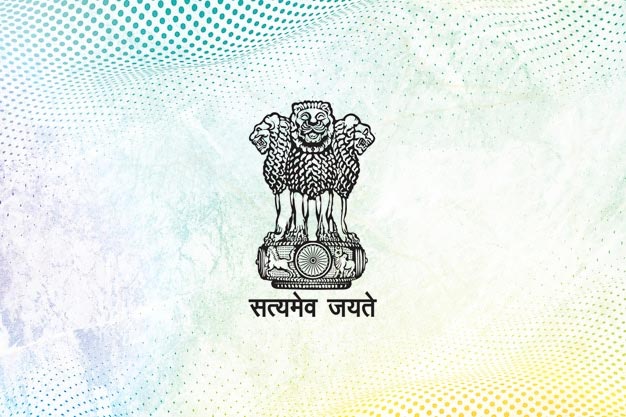
- Sengol
- Will be available shortly


